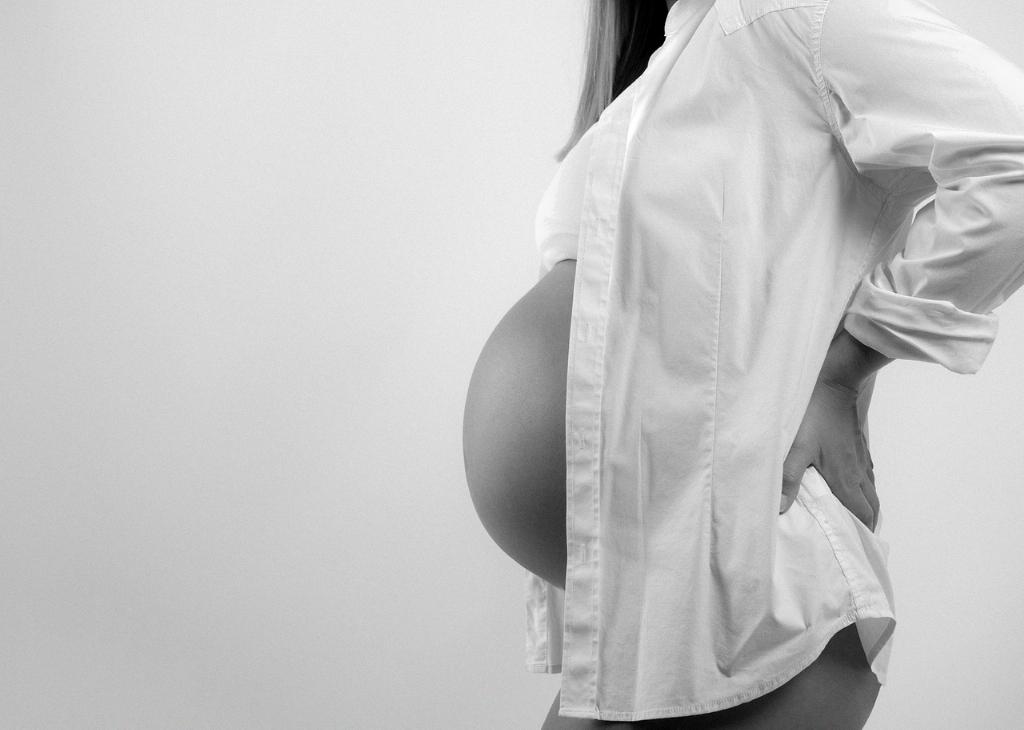When preparing for a 3-hour glucose test, it is crucial to follow specific guidelines to ensure accurate results. This test helps healthcare providers assess how your body processes sugar over a few hours, providing valuable insights into your potential for gestational diabetes.
Preparing for the Test
Prior to the test, you will receive instructions from your healthcare provider on how to prepare. One crucial aspect is fasting for at least eight hours before the test. This fasting period ensures that your blood sugar levels are stable before the test begins.
What to Expect During the Test
During the 3-hour glucose test, you will have your blood drawn multiple times to measure your blood sugar levels at different intervals. The process involves drinking a glucose solution containing a concentrated amount of sugar and then having your blood tested at specific time points.
Steps to Follow Before the Test
Follow your healthcare provider’s instructions carefully to prepare for the test adequately. It may be helpful to schedule the test early in the morning, allowing you to fast overnight and complete the test before consuming any food or beverages.
Staying Hydrated Before the Test
While fasting, it’s essential to stay hydrated by drinking water. However, avoid consuming sugary drinks or other beverages that could impact your blood sugar levels. Water is typically allowed before the test to keep you hydrated.
Getting Sufficient Rest
Prior to the test, ensure you get a good night’s rest to help your body prepare for the fasting period and the duration of the test. Sufficient rest can also contribute to more accurate results during the 3-hour glucose test.
Understanding Dietary Restrictions
Leading up to the test, it’s crucial to follow any dietary restrictions provided by your healthcare provider. Avoid consuming large amounts of sugar or carbohydrates in the days leading up to the test to prevent any interference with the results.
Informing Your Healthcare Provider
Before the test, inform your healthcare provider about any medications you are taking, as some medications can affect blood sugar levels. Your healthcare provider may recommend adjusting your medication schedule leading up to the test.
Preparing Mentally and Emotionally
Mentally preparing for the 3-hour glucose test is also important. Understand the purpose of the test and its potential implications. Stay positive and focus on following the preparation instructions to the best of your ability.
Bringing Necessary Items to the Test
When going for the test, remember to bring your identification, insurance information, and any paperwork provided by your healthcare provider. Arriving prepared can help streamline the check-in process and ensure a smooth testing experience.
Allowing Sufficient Time for the Test
Plan to spend several hours at the testing facility to complete the 3-hour glucose test successfully. Be patient and understand that multiple blood draws are necessary to monitor your blood sugar levels accurately throughout the test duration.
Following Up After the Test
After completing the 3-hour glucose test, follow up with your healthcare provider to discuss the results. Depending on the outcome, your provider will offer guidance on next steps, whether further testing or lifestyle modifications are necessary.
Conclusion
Preparing for a 3-hour glucose test involves careful planning, adherence to fasting guidelines, and clear communication with your healthcare provider. By following these steps and staying informed throughout the process, you can ensure a smooth and successful testing experience.

